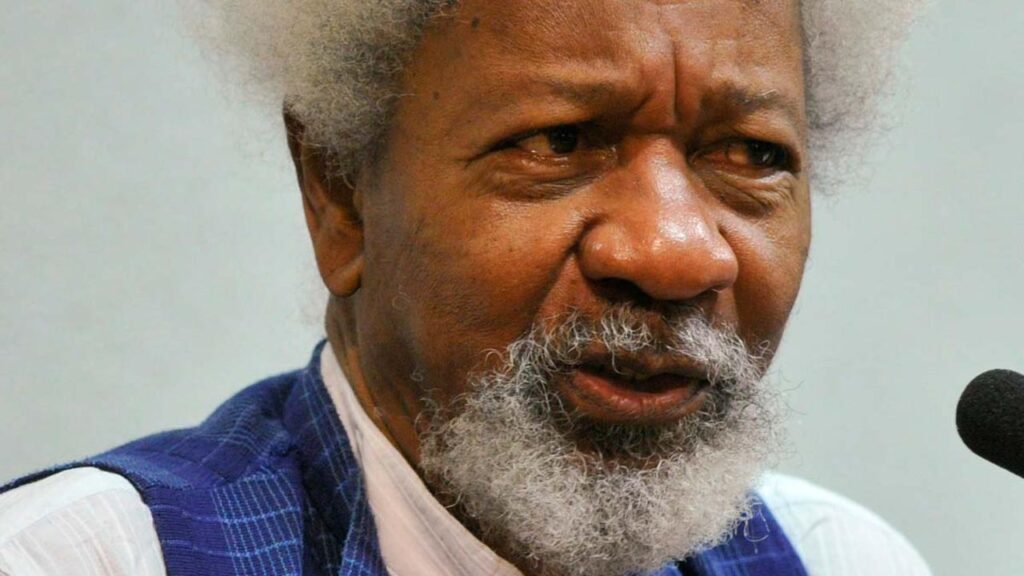
To decongest the Correctional Facilities across the country, the Director of Prisoners’ Rehabilitation and Welfare Action (PRAWA), Dr Uju Agomoh, has tasked the Federal Government on the implementation of the Provision of Section 34 of the Administration of the Criminal Justice Act (ACJA) on visits to detention centers by Judges and Magistrates. She also admonished the government to urgently work on the database and biometric records of inmates for reintegration.
Speaking in Lagos, Agomoh disclosed the need for the Federal government of Nigeria to constitute the visiting committee of the custodial centres in line with the provision of Section 21 of the Nigerian Correctional Service Act, 2019.
She said the conference was targeted at the developing effective and sustainable strategies for managing pretrial detention, congestion of correctional centres and relevant detention related reform initiatives at national and sub-national levels.
Agomoh said PRAWA, in collaboration with the Ministry of Interior and the Nigerian Correctional Service, with the support of OSIWA and UNICEF at another recent workshop held in Abuja focused on the decongestion of Correctional Centres and Corrections Administration in Nigeria made recommendations.
She noted that the groups had encouraged the Minister of Interior to urgently establish the official custodial centre visiting committee with CSO representation in line with section 21(1)(c) of the Nigerian Correctional Service Act 2019.
According to her, we made some recommendations among which, “ We called on the Controller General of Corrections to establish the voluntary custodial centre visiting committee in line with section 21(1)(d) of the Nigerian Correctional Service Act 2019.”
“We suggested the activation of the oversight function of the National Preventive Mechanism by the National committee against torture and propose adequate budgeting towards encouraging both internal and external oversight mechanisms for all agencies that have detention facilities to be able to check the extent of their compliance with international standards and the provisions of the Act…’’
“ We affirmed the need to establish the office of an ombudsman or an inspectorate directorate to receive, collate and follow up on the reports coming out from the statutory oversight and monitoring bodies as well as encourage the ACJA monitoring committee to take active steps to effectively carry out its mandate of ensuring the implementation of ACJA.”
Also, Ogechi Ogu, Deputy Director PRAWA remarked on Corrections Management and the concurrent role of federal and state governments, commend the alteration of the constitution that moved corrections to the concurrent legislative list.
She acknowledge that there are two basic models that may fit into the Nigerian context, noted that the first being that of federalism model where the federal government administers and controls the custodial centers within their purview as well as keep custody of federal offenders.
She said, “While the state builds, controls and administers custodial centers for state related offenses, the second model is a collaborative model between the state and the federal. Where they both collaborate to determine the aspects of the system which will be controlled and funded by each level of government.
Affirm that the states must take responsibility for the management and administration of correctional centers within their jurisdiction.
They therefore affirmed that the need for a 3 -4 years transition phase to cover the period between the present and the time of implementation after which the state should take charge of the custodial centers based on the model agreed on.
“ The need for frequent engagement and roundtable meetings amongst key stakeholders for effective take off and sustainability and recommended that the National Fiscal Commission utilizes the transition period to properly and adequately divest funds to the states to manage its new responsibilities.
“ The need for standardization and quality control across board, hence the need to create or establish an independent body or commission to regulate the affairs of the correctional services generally, just like the NUC, NJC..
“The need for the states to understand the enormous responsibility it needs to address regarding rehabilitation, health, feeding, clothing, after-care logistics, community corrections component, capacity building, vocational workshops and agricultural systems, oversight, performance and quality assurance of staff recruitment as well as welfare.”
PRAWA therefore said the issues will inform and determine the model that each state will settle for.













